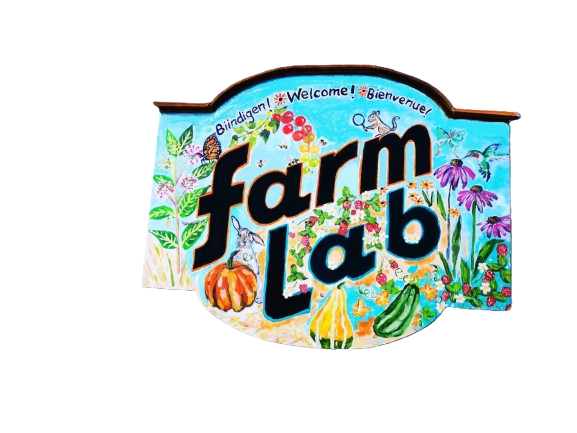We request that results are inputted directly into our results form for easy management.
As a community of gardeners we are continuously gifted rare heirloom seeds, old or forgotten seeds, surpluses from years past, and of course seeds we have grown, saved and collected from our gardens, forests and fields etc…. These seeds live in an ever expanding collection. Best practice indicates that seeds of a certain age should be routinely checked for their viability before circulation in the community. We want to ensure that our seed libraries are sharing quality and viable seeds that are likely to grow – especially for those first time or beginner gardeners to ensure their success and continued interest in gardening. In order to ascertain the viability of seeds a relatively simple germination test can suffice at our scale. For example, taking a selection of 10-20 seeds and seeing if they will sprout on a moist paper towel, can give us invaluable information.
This activity accomplished two main tasks. Firstly, it helps to maintain and improve the community seed collection. Secondly, it is an easy, low risk, winter time (pre-season) opportunity to start thinking and learning about seeds, plants and how they grow. Our germination test activity comes with free seeds to test along with instructions for conducting the experiment and supplementary lesson plans and activities – such as plant profiling. In effect, this is an example of community / citizen science. Together we are building a library not only of local seeds, but local knowledge. Once the viability has been determined, viable seeds will then be packed and distributed. We also have much rarer seeds that we conduct special germination tests on – often when their numbers are limited and where we seek to grow them out in order to save more seed to replenish the collection. You can request a germination test kit for your class or students (or group).
